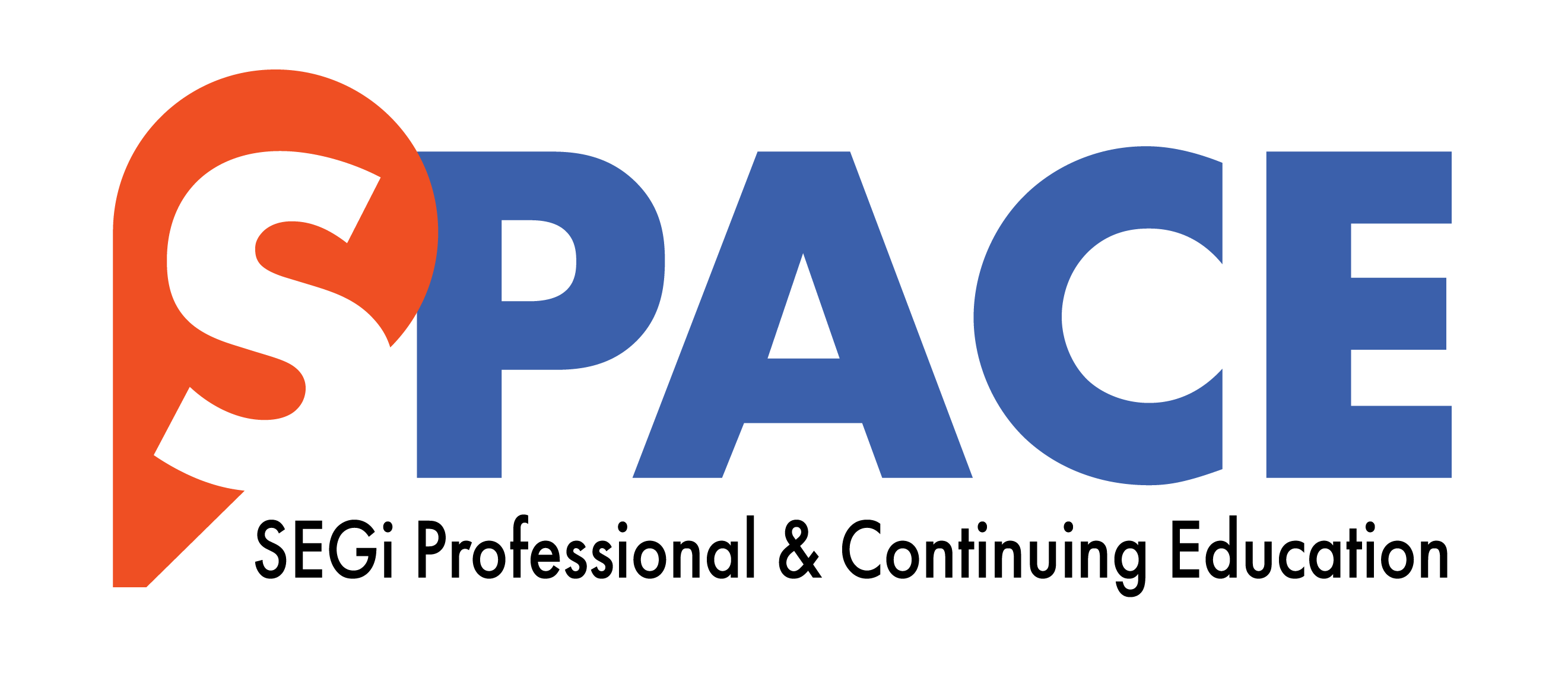Flexible Learning That Enhances Your Potential
Micro-credential certification in Instructional Strategies for Children with Special Needs (BEd)
This course provides an overview of effective instructional strategies which can be used for children with special needs, especially to facilitate reading, writing and mathematical skills. Two contrasting methods in the instruction of learning disabled children are also discussed, namely Direct Instruction and Cognitive Training. Students will also be given practice in planning, implementing and evaluating instruction for special needs children through micro-teaching sessions.
 This programme is designed, delivered, assessed and awarded by SEGi University through the SEGiUniDigital Platform.
This programme is designed, delivered, assessed and awarded by SEGi University through the SEGiUniDigital Platform.
- Concept of Differentiated Instruction
- The Planning Process of Instruction
- Grouping for Effective Instruction
- Direct Instruction for Learners with Special Needs
- Cognitive Training for Learners with Special Needs
- Facilitating Reading
- Facilitating Writing
- Facilitating Mathematical Skills
- Teaching in the Content Areas
- Technology Integration in the Classroom
- Trends in the classroom
Coursework 1 - 30%
Coursework 2 - 30%
Quiz - 10%
Report - 30%
- Bachelor of Education (Honours)
- Master of Education by Research
- Master of Education by Coursework
School leavers who want to get a head start before joining an academic programme or a working adults who want to upskill or learn a specific skill; work with rapidly changing technology; and/or acquire specialised skills sought after by employers.
